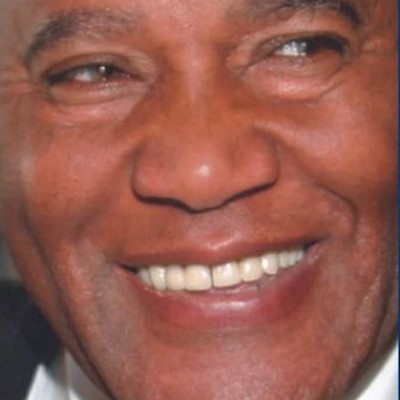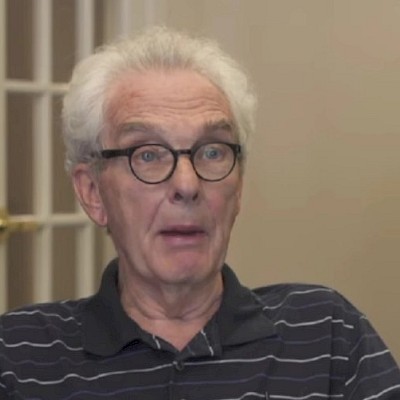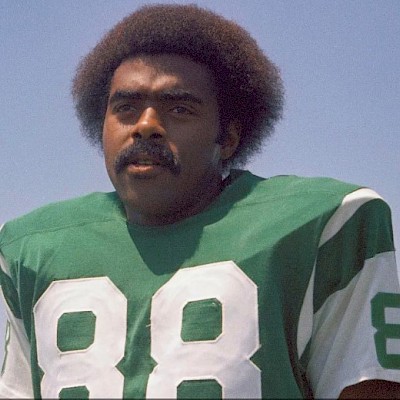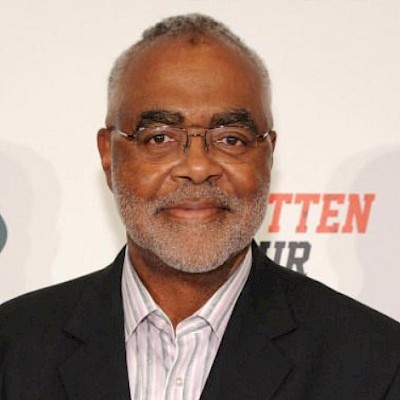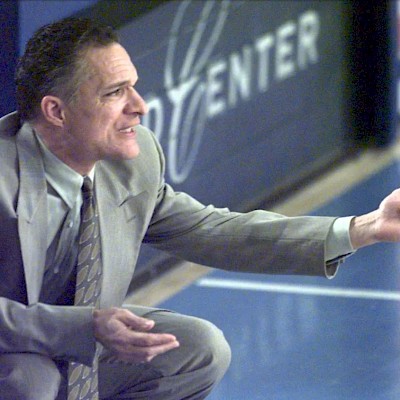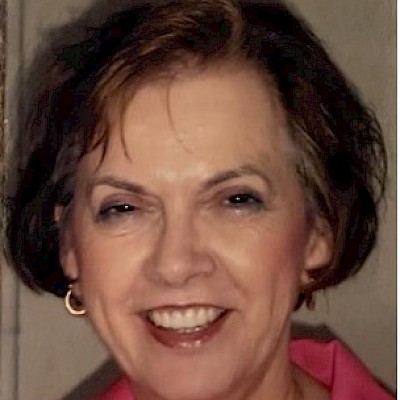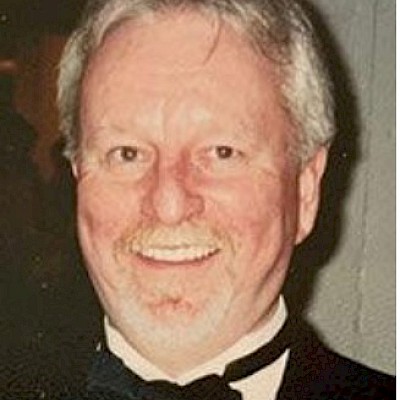
Mark W. Nauman
Mark W. Nauman, a lifelong resident of Kirkwood, Missouri, has died after a long battle with Parkinson’s disease. He is survived by his wife of 50 years, Vicky (Brennan) Nauman, son Aaron (Marissa Minkevich), grandchildren, Isabel, Tommy, and Zoe, and son Jason (Katie Rinck) and grandchildren, Brady, Quinn, and Harrison. He was preceded in death by his parents John and Wilma (Nowotny) Nauman, brother John and sister Ellen (Schroer).
After growing up in the Greenbriar neighborhood, graduating from Kirkwood High School in 1967 and attending Southeast Missouri State University, he joined the Marines and was honorably discharged in 1974 with the rank of corporal as an Optical Instrument Repairman. After his service he and his furry sidekick, Deacon, spent time in California where he met his future wife who also happened to be from Kirkwood. His mother, Wilma Nauman, a kindergarten teacher at Keysor Elementary School for several decades and a Kirkwood School Board member, was persistent that her grandchildren attend Kirkwood schools. Mark and Vicky bought their first Kirkwood home as Aaron was starting kindergarten at … Keysor! She did not live long enough to see Aaron and Jason graduate from KHS but would undoubtedly be pleased to know that all six of her great-grandchildren are Pioneers.
During his working life, Mark spent the longest period in the printing business, having worked at the Type House in Maplewood and Messenger Printing in DTK (Downtown Kirkwood). He later became a salesman and office manager for Balfour, owned and operated by one of his oldest and closest friends Randy “R.T.” Thompson. Mark had no shortage of nicknames in his life so you may have known him as Darby, Snacks, and when he became a grandfather, “Boompa.” R.T. strongly encouraged it.
The corner of West Monroe and South Harrison was the epicenter of wiffle-ball, BBQ, cold beer and loud music. Very loud. Mark Nauman did not listen to bad music. He tended to stay in his swim-lane consisting of heavy doses of R&B, soul, funk, blues and rock. Beatles or Stones? The Kinks, actually. On any given Friday the turntable would spin Koko Taylor, the Radiators, Lynyrd Skynyrd and Graham Parker back-to-back. Who does that? Mark Nauman. The last album that he listened to on his deathbed was “Yellow Moon” by the Neville Brothers. If you haven’t listened to it, he would highly recommend that one. Often the party would cross the Harrison Ave. Bridge to Tom and Anne’s because we never knew where Grandpa Brennan would show up. Sometimes it was 241 W. Monroe, other times 118 S. Harrison. Countless meals together. Cardinal’s baseball on the radio or TV. That was growing up in Kirkwood in a nutshell.
Mark was fortunate to have the support of his brother-in-law, Tom Brennan III, during his battle with Parkinson’s who was selfless in helping transport him to appointments within the VA system. Mark and his father-in-law, Tom Brennan Jr. (Grandpa), loved ribbing each other about their branches of the military, in between watching old westerns and enjoying each other’s company. Those two were very close, no doubt in part to Mark’s own father passing away at an early age. Mark had many childhood friends, nieces, nephews, who we hope will share stories for many years to come.
An obituary is an impossible task to capture everything a person has done or become in their life. And writing one about your father conjures up a flood of emotions of what was and what could have been. It was difficult to see someone who was once gregarious withdraw from his wide circle of family, friends, and interests as his stages of Parkinson’s grew worse. Remember him for the time you had together, not the extended pause in your communication. He cared about you whether he had an opportunity to tell you.
•
Remembering Mark W. Nauman
Use the form below to make your memorial contribution. PRO will send a handwritten card to the family with your tribute or message included. The information you provide enables us to apply your remembrance gift exactly as you wish.

